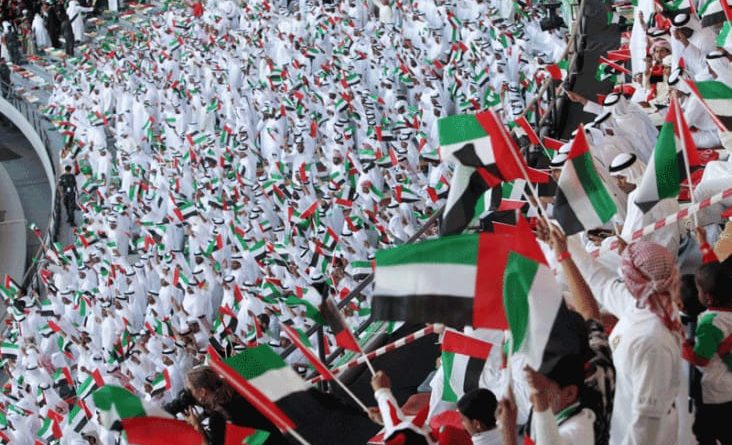Discovering the UAE: A Journey Through History and Culture

The United Arab Emirates (UAE) is a fascinating blend of ancient traditions and modern innovation. While many recognize the UAE today for its glittering skyscrapers and luxury lifestyle, its roots run deep into a rich past shaped by Bedouin culture, pearl diving, and desert survival. Long before oil was discovered, the people of this region thrived through trade across the Arabian Gulf, fishing, and harvesting pearls — once one of the main sources of income. In 1971, the UAE was officially formed as a federation of seven emirates, uniting under the visionary leadership of the late Sheikh Zayed bin Sultan Al Nahyan.
Despite its rapid development into a global economic hub, the UAE remains deeply proud of its heritage. Emirati culture emphasizes hospitality, strong family values, and respect for Islamic traditions. Visitors can still experience the warmth of traditional Arabic coffee (gahwa), the rhythmic movements of the Al Ayala dance, and the awe of falconry — a cherished national pastime. From bustling souks to serene desert camps, the UAE offers a unique cultural journey where the past and present coexist in harmony.
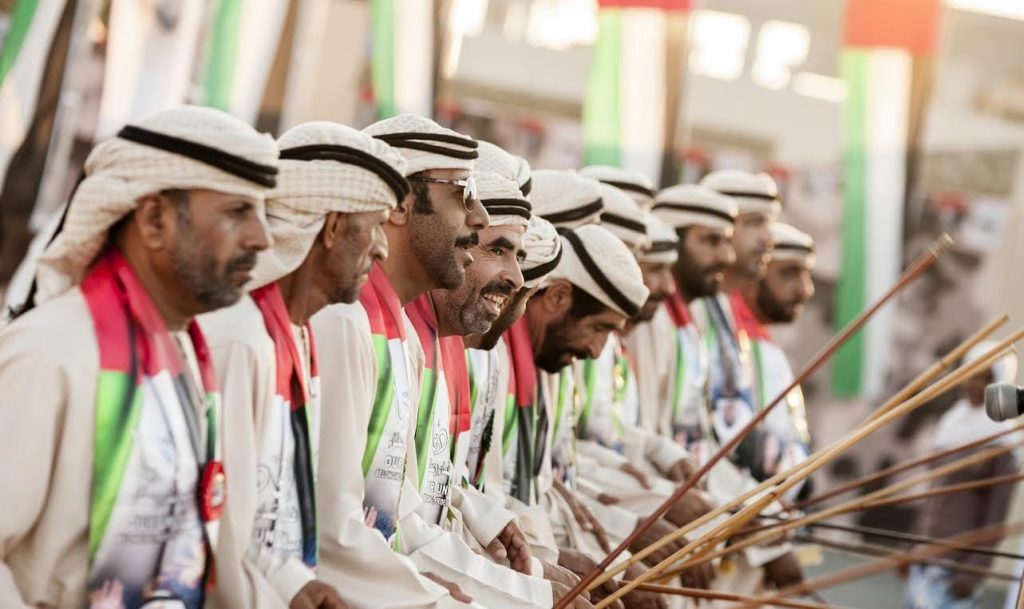
Exploring the Rich History and Culture of the UAE
🏜️ From Desert Tribes to a United Nation
Long before the UAE was formed, the region was home to nomadic Bedouin tribes who lived in the harsh desert, relying on camels, fishing, and pearl diving to survive. These tribes developed a deep respect for nature and community — values still central to Emirati life today.
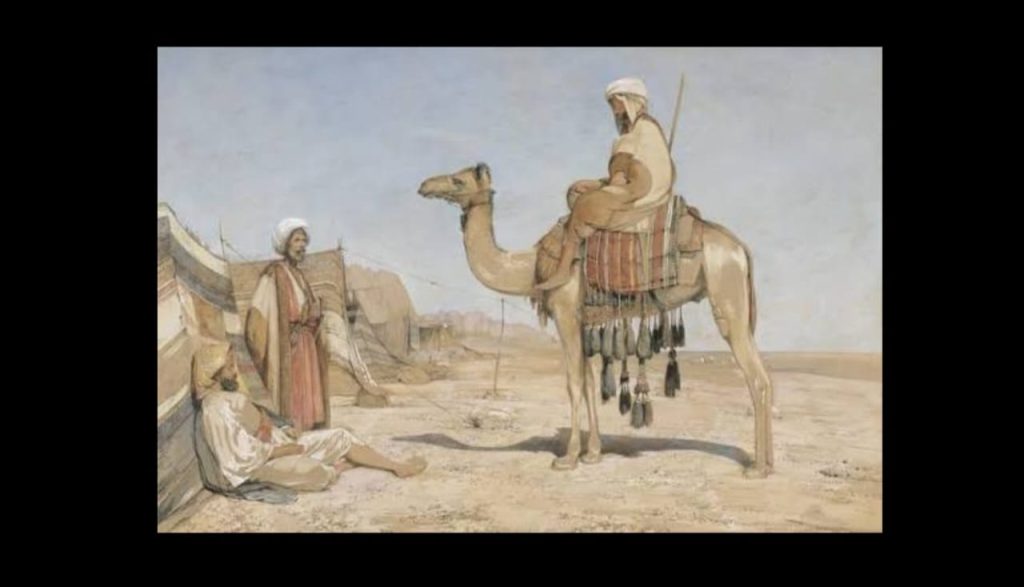
In the early 20th century, the discovery of oil brought rapid transformation. On December 2, 1971, the UAE was officially founded as a federation of seven emirates: Abu Dhabi, Dubai, Sharjah, Ajman, Fujairah, Umm Al Quwain, and Ras Al Khaimah (which joined shortly after in 1972). The founding father, Sheikh Zayed bin Sultan Al Nahyan, led the country with a vision of unity, development, and respect for tradition.
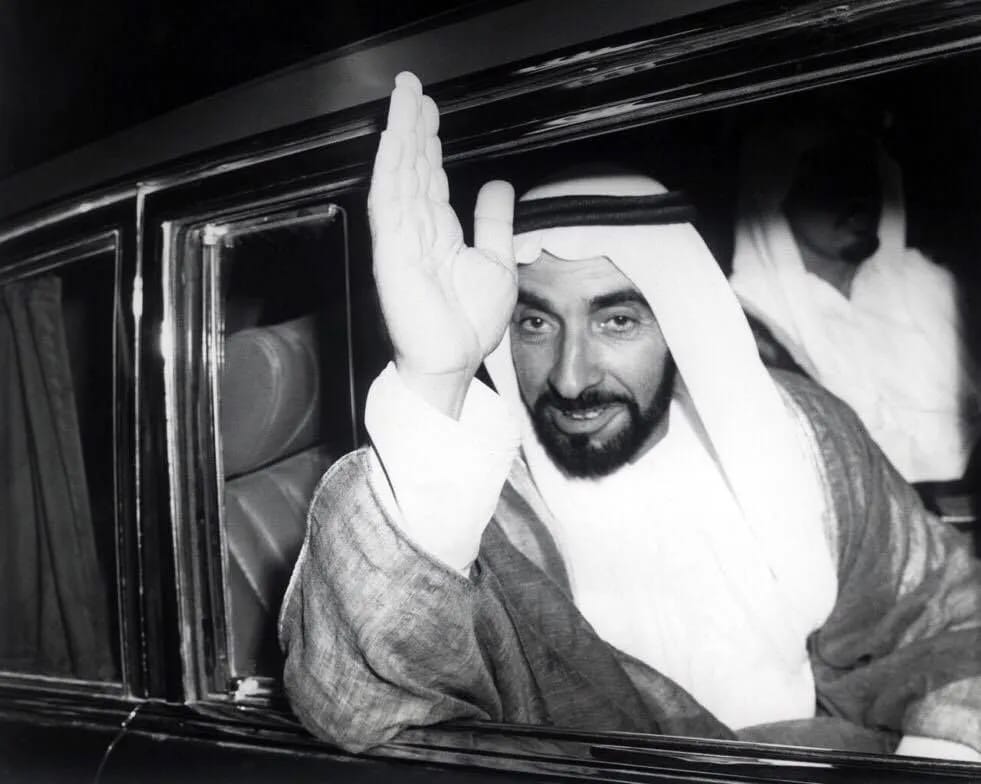
🕌 Culture Rooted in Tradition and Faith
Emirati culture is deeply influenced by Islamic values, which guide everyday life, from hospitality to festivals. Ramadan, Eid Al Fitr, and Eid Al Adha are celebrated nationwide with gatherings, charity, and traditional meals.
Hospitality is at the heart of Emirati identity. Guests are warmly welcomed with Arabic coffee (gahwa) and dates, symbols of generosity and respect. Traditional majlis (sitting rooms) are still common in homes and cultural centres, offering a space to share stories and build connections.
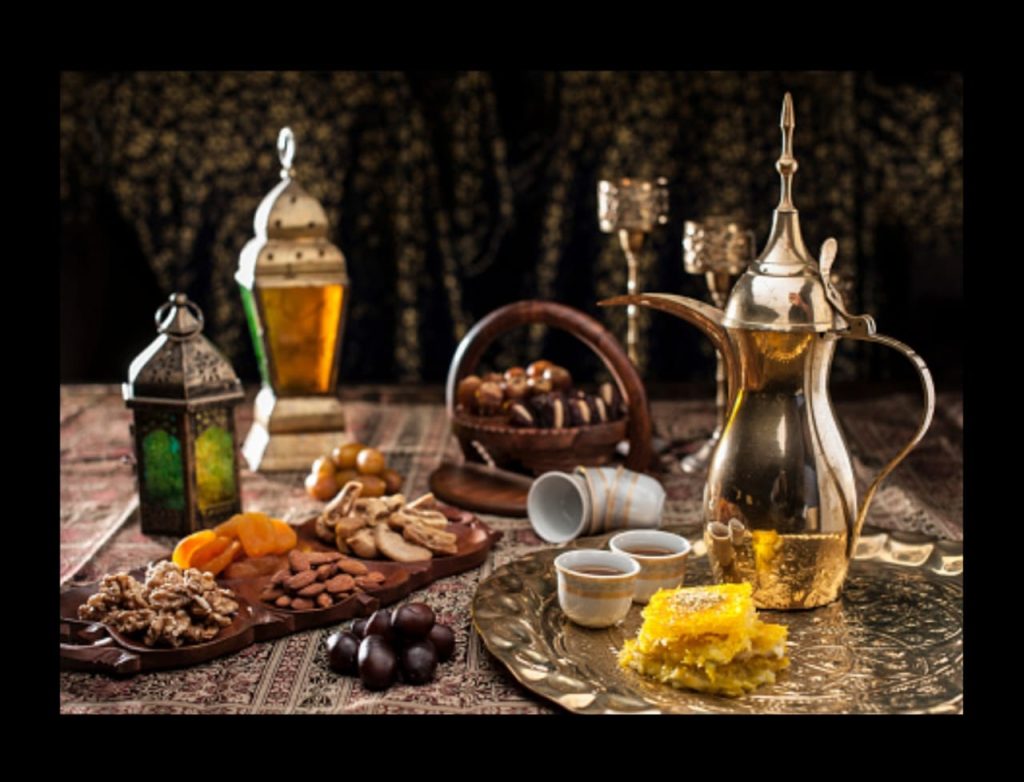
🎶 Music, Dance, and Heritage
Traditional arts play an important role in preserving the UAE’s identity. The Al Ayala dance, performed with sticks and drums, is a powerful expression of unity and pride, often showcased during festivals and national celebrations.
Other cultural elements, like falconry, camel racing, and henna art, remain deeply cherished. The Heritage Village in Abu Dhabi and Al Fahidi Historical District in Dubai offer immersive experiences where visitors can step back in time.
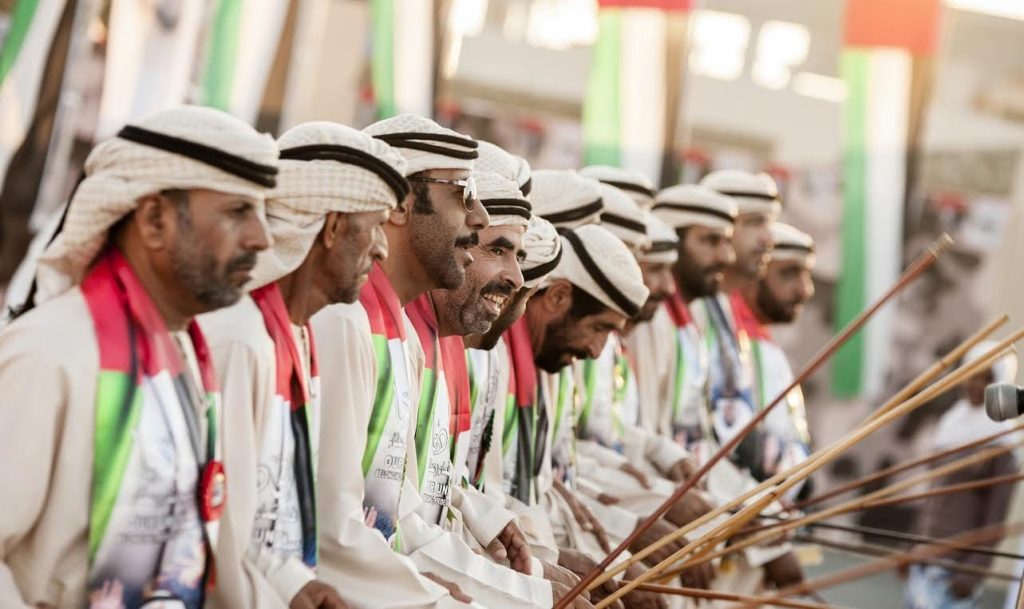
🏙️ Balancing Modernity with Tradition
What makes the UAE truly unique is its ability to honor its past while embracing the future. You’ll find high-tech cities like Dubai and Abu Dhabi just minutes away from desert camps and historical forts.
Architectural marvels like the Sheikh Zayed Grand Mosque and Dubai Museum beautifully blend modern design with cultural heritage. And even with the global influence seen in fashion and food, National Day (December 2) brings people together in traditional dress, proudly waving the UAE flag.
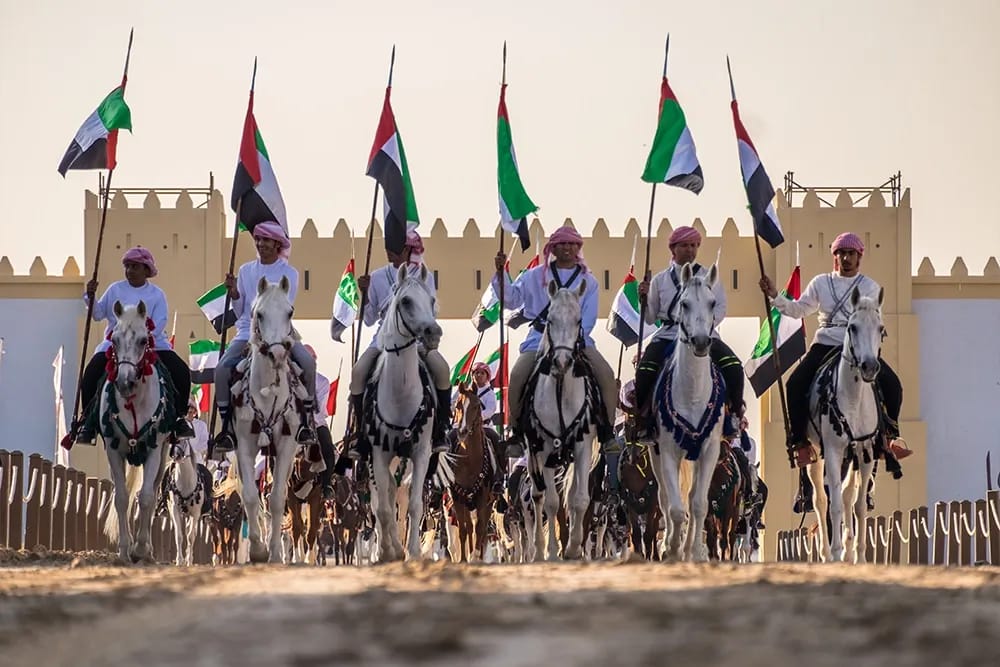
✈️ Plan Your Cultural Experience in the UAE
If you’re planning a trip, don’t miss:
- The Louvre Abu Dhabi – where art meets heritage
- Qasr Al Watan – a palace offering deep insight into governance and culture
- Al Ain Oasis – a UNESCO World Heritage site showcasing ancient irrigation systems
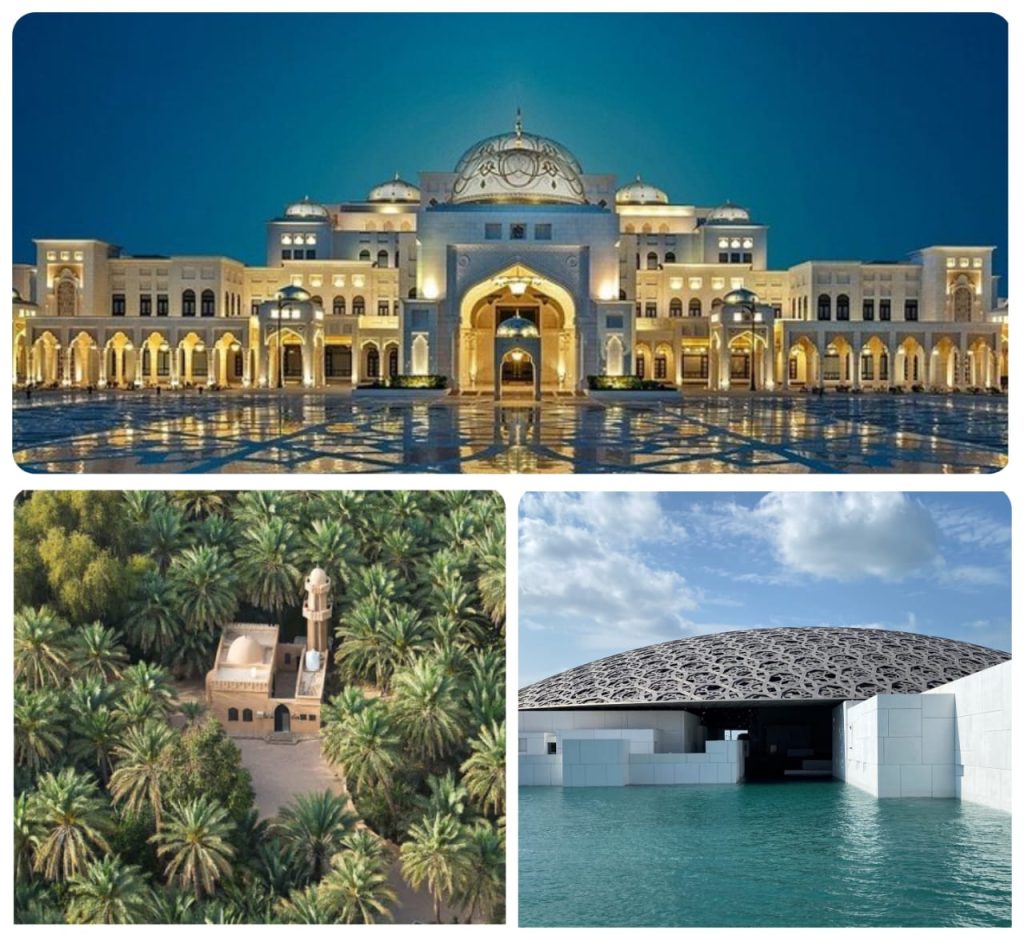
The UAE is more than its skyscrapers and luxury — it’s a story of resilience, unity, and cultural pride. Whether you’re wandering through a historic souk or sipping gahwa in a Bedouin tent, you’re stepping into a living narrative that honors both tradition and progress.
ALL YOU NEED TO KNOW ABOUT EID AL ETIHAD

